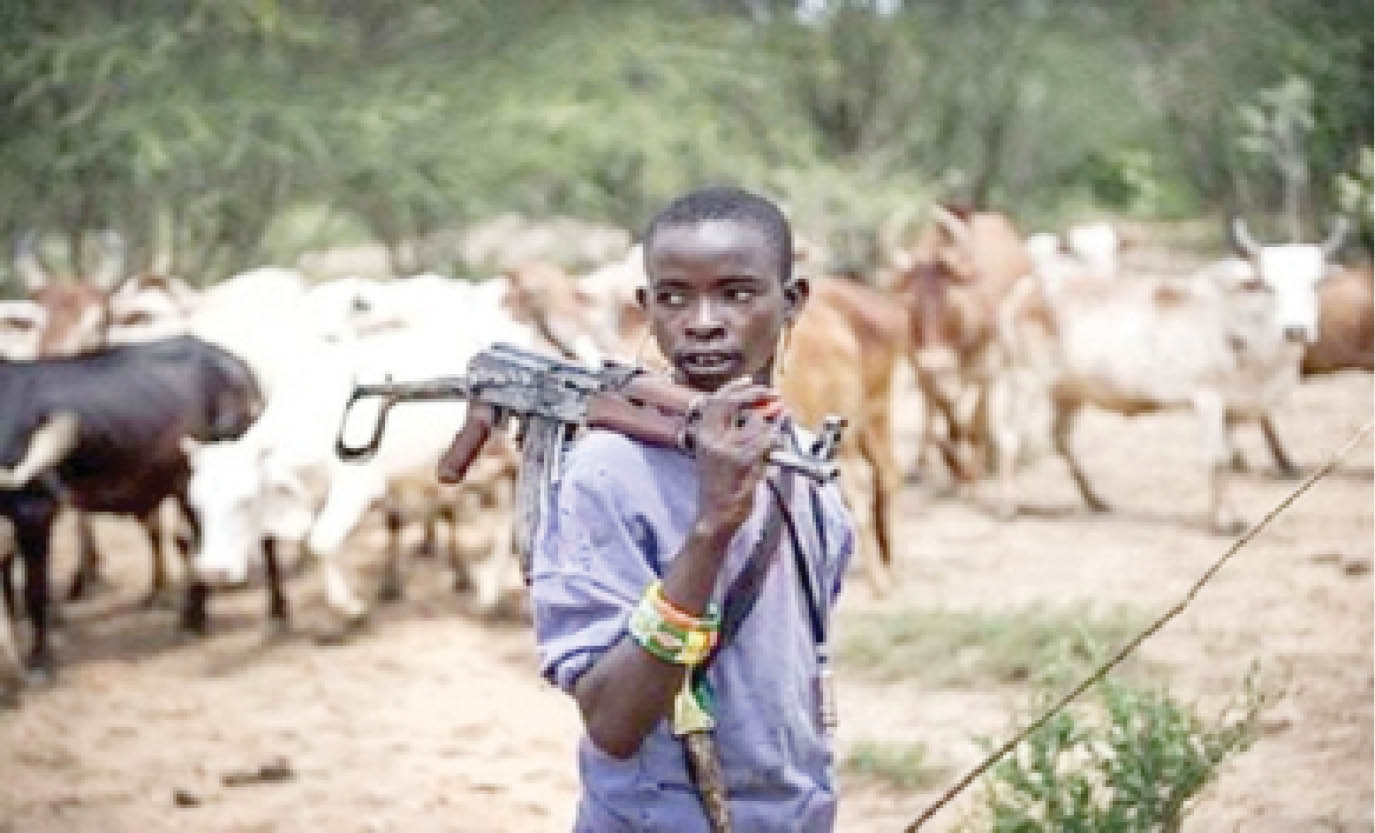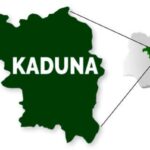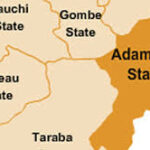By Ahmadu Shehu, PhD
A lot has been said on the socioeconomic disadvantages of herders in Nigeria. Those writing in favour of this community have rightly emphasised the great deal of injustices, maltreatment and prejudices against them by external forces, such as farmers’ encroachment on grazing lands, persistent governmental, administrative and political negligence of the community, and other natural factors that have led to their loss of wealth and current state of destitution. While all these are true, one more fact needs to be stated: there are also internal factors that are equally responsible for this situation.
What has so far been identified as the causes of these fatal social state of the herders sound very external, and has been inadvertently framed as herders versus others. In reality, however, the basic factors are as internal as they are external, with enormous part of the prejudices, injustices, terror and oppression that have impoverished this community coming from within. Indeed, herders are no less victims of their own community than external forces, such as government and the larger Nigerian society. I will explain.
- We will leave Nigeria much better than we found it – Buhari
- Is Nigeria’s economy in better shape than in 2015 as claimed by President Buhari?
There is this social disconnect between the Fulani herding community (loosely called Mbororo) and the Fulani aristocracy that established political hegemony and retained power for centuries in numerous territories of West Africa. The fact that the herding community is still wandering landless, aimless, without destination within these territories led by Fulbe for centuries point to the fact that they have been treated as mere ancient members of the Fulani stock who are only good for the language, cultural identity and numerical strength.
Coming from herding background, myself, I can say that herders are despised by sedentary Fulani as much as they are by other ethnic groups, and that the mistrust and bad blood that exist between these two social strata of the Fulbe are important factors that led to the displacement and degeneration of the herding community.
Although they were an important tool in the establishment of Fulani empires across the Sahel, herders were never central to the developmental, political or administrative policies of these polities, and were therefore, relegated to the background and left to their own peril.
Given that the Fulani empires of Sokoto, Futa Jallon and Maasina were established based on Islamic revivalism, the low level of Islamic civilization, education and enlightenment among the herders, 200 years later, is enough evidence of this negligence and social disconnection between the herding and sedentary communities. The historic evidence of this is found in various Fulbe folklore, oral literature and cultural world view, which I would discuss separately.
While the colonial invasion ended the political power of the caliphate in Nigeria, it did not end the northern territory and its place in the Nigerian political scheme. In the First Republic, Northern Nigeria was led to glory by a Pullo, whereas, five of Nigeria’s heads of state were Fulbe, as are dozens of governors, leaders of thought, military and civilian administrators.
Today, the governors of most of the crises-ridden states in the North identify as Fulbe. But this has only worked to the disadvantage of their immediate and larger communities. Without putting the now well-established social construct of Hausa-Fulani into perspective, the Fulbe are well placed in political and administrative scheme of Nigeria, nay Africa. Crying foul and attributing all the problems facing our community to “others”, and perpetually looking for a scapegoat elsewhere is the height of hypocrisy and abdication of responsibility.
The absence of governance provided a vacuum that led to the proliferation of ethnic, religious, regional and even nonsensical sociocultural groups in Nigeria. Given the extent of their marginalisation and exclusion from the socioeconomic and political life of the country, herders fell under the spell of predatory cultural organisations who feed on their social incapacitation, illiteracy, ineptitude and destitution.
These are nobody other than Fulani sociocultural groups who pretend to defend the weak and voiceless herders, but are led mostly by criminally minded and politically corrupt urban Fulani (in many cases non-Fulani) who serve as gatekeepers that milk the herders dry, and yet steal the little privileges meant for this community.
The unlawful, arbitrary oppression of herders by security agencies, illegal detentions, bribery and extortion are all but done with the total support and collusion with these cultural organisations. A trouble for a herder means money for them and for their bosses in uniform. They pretend to be lawyers standing in for a herder in the court, while judges watch and hope to share in the bounties. They also pretend to be the lobbyists who would get boreholes, schools and medical care, but only after some bulls and cows are lost. All in vain.
When the chips were down, illiterate children became adults, but not before their parents have lost their livelihood. These kids would become jobless, hopeless and homeless. They would become thieves, but since they are acculturated to cattle and not cars, cash or the internet, they become cattle rustlers and not car snatchers, bank robbers or internet fraudstars. But who has cattle to rustle? Since Audu, Babalola or Chinedu in the city have nothing to do with cattle the menace goes back to its roots. Fire from the river!
While all these happen over many decades, the government, sedentary Fulbe and the larger society sipped coke and popcorn, watching the fire from afar. This has led to cattle flight from these regions with herders moving en mass southwards, while the rampant rustling impoverishes the majority. There was then no more cattle to rustle. It turned out, though, that in a failed system such as ours, humans too could be rustled. That is where we are today. A criminal industry has been created. A fire from the mountains to the cities.
Thus, we are equally to blame for our situation and must take responsibility, therefore.
Ahmadu Shehu a teacher, sent this peice from Kaduna

 Join Daily Trust WhatsApp Community For Quick Access To News and Happenings Around You.
Join Daily Trust WhatsApp Community For Quick Access To News and Happenings Around You.


